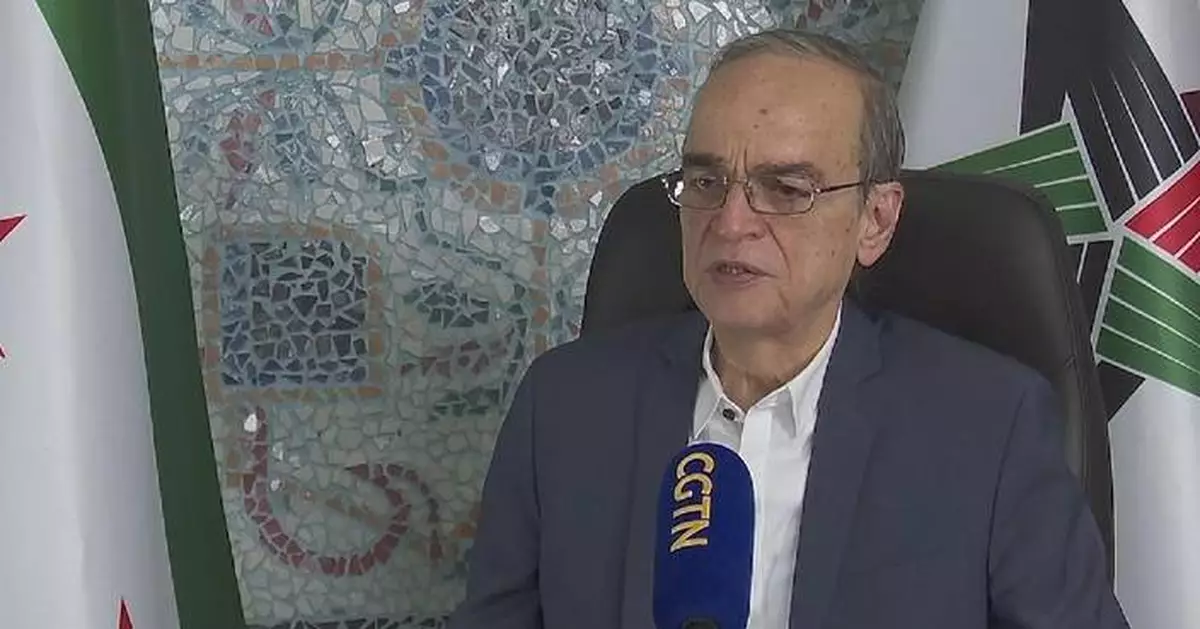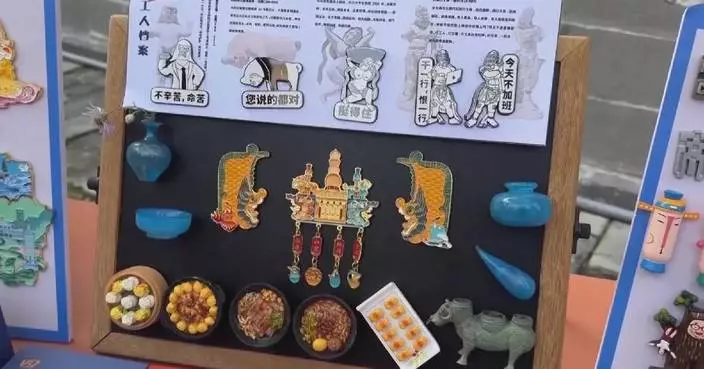As Syria navigates its post-conflict landscape, the top priority is to guarantee the safety and security of its citizens and public institutions, said Hadi Al-Bahra, the president of Syria's main opposition.
Syrian armed opposition forces seized control of Damascus on Dec 8, ending over five decades of the Assad family rule. The rapid change of political landscape in Syria sparked uncertainty about the country's future.
In outlining a roadmap for transition, Al-Bahra, president of the National Coalition of Syrian Revolution and Opposition Forces, emphasized the need to reboot the country's economy and restore stability.
"If you split it into stages, the first stage is really making sure that the safety and security of citizens is achieved, the security and safety of public institutions also, and to rerun the economic cycle of the people, and get also all the basic needs for them secured in place," said Al-Bahra.
"The second step is how to do the transitional period between the internal situation and transitional period, then the permanent period of Syrian political change. Right now, the existing, I mean, governing system, it is temporary. It is mainly now intermediate. But then we have to pass through the transitional period, which should be according to the UN Security Council Resolution 2254, it should be about 18 months," Al-Bahra continued.
Al-Bahra stressed the need for substantial assistance from the neighboring countries, noting that years of war has displaced millions and destroyed infrastructure in Syria.
"As you know, Syria for almost 14 years has been in a war condition. [There has been] a lot of destruction, 65 percent of infrastructure was destroyed. We have more than 10 million internally displaced people and refugees. So, we need a lot of help, especially from neighboring countries, because as a neighbor it's easier to move goods, provide technical assistance and so on," said Al-Bahra.
Regarding Syria's reconstruction, Al-Bahra said that the most crucial mission at the moment is to ensure the start of the transitional period, with an aim of achieving a new constitution and free elections.
"As Syrian citizens, everyone has his own role and his own duty toward his country. So, our role currently and the most important mission is to make sure that the transitional period starts, and we reach safely to a new constitution and free election to enable the Syrian people to make their own free decision and pick their own leaders and decide the future of the country," said Al-Bahra.

Syrian opposition leader outlines transition plan










